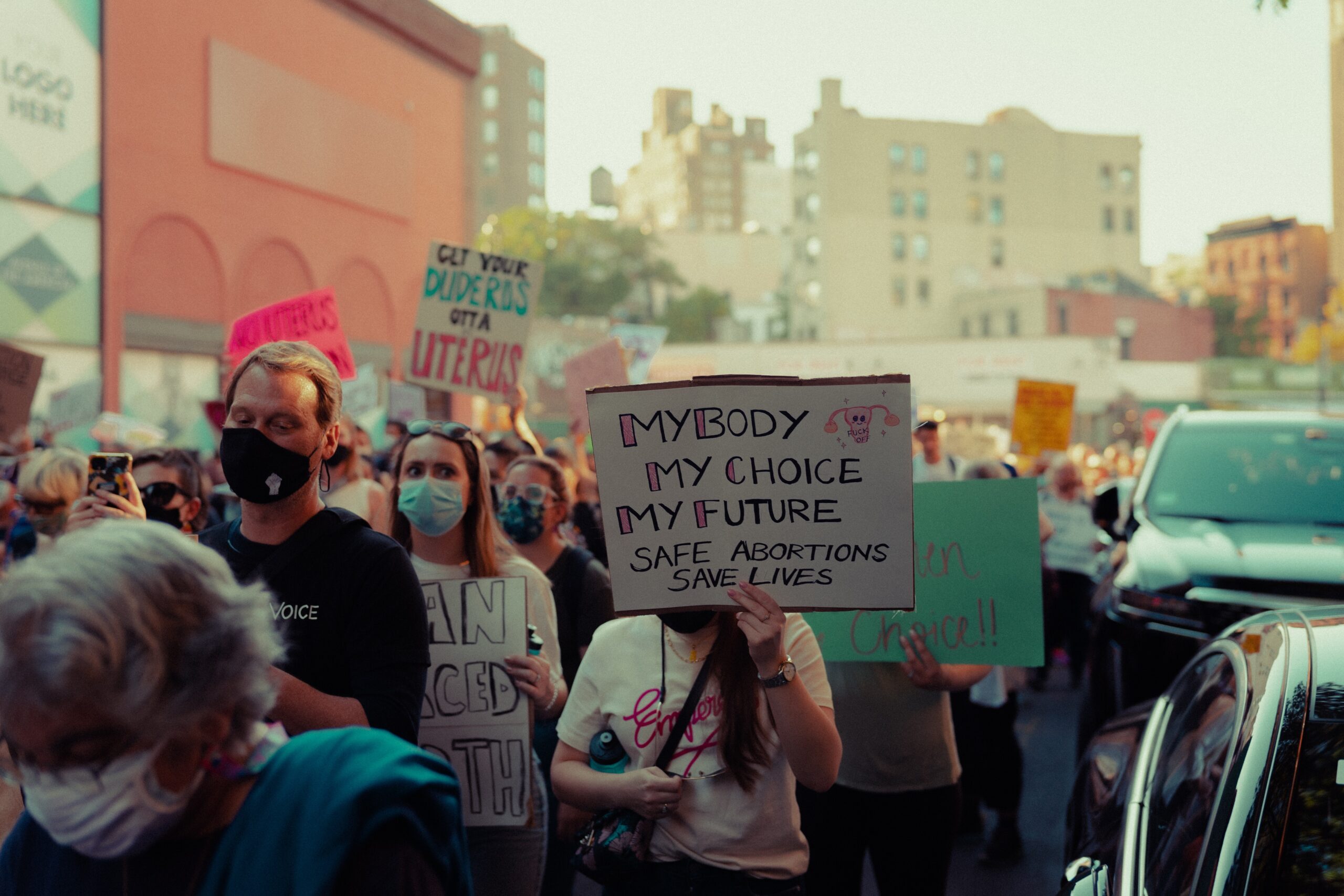This AI generated article series “Major Social Issues in the US” attempts to give the students of Exchange Lab a feel of the issues that divide the United States of America at the societal level.
There are many issues related to Abortion, and it is an issue that has been surrounded by controversy for decades. This article looks at the history of Abortion in the US, why it was made a very controversial topic in the first place, and how it has impacted society in both good and bad ways.
The American Viewpoint of Abortion
The American viewpoint of abortion is largely shaped by religious beliefs. Christians, in particular, believe that life begins at conception and that abortion is therefore murder. This view is not shared by all Americans, however. Many people believe that a woman should have the right to choose what happens to her own body, and that abortion should be legal and accessible.
The issue of abortion is one of the most polarizing issues in the United States. Those who are against abortion often cite religious reasons, believing that life begins at conception and that abortion is therefore murder. Those who are pro-choice often argue that a woman should have the right to make decisions about her own body.
There is no single American viewpoint on abortion; instead, there is a range of opinions on the subject. However, it is clear that the issue continues to be highly controversial and divisive within the country.
What is the History of Aborting in the US?
In the United States, abortion has been a controversial issue since the early 1800s. When the first English colonies were established in North America, the majority of settlers were Puritans who held strict religious beliefs. They believed that life began at conception and that abortion was a sin. In 1652, the Massachusetts Bay Colony passed a law making abortion a crime punishable by death.
Over the next century, as the colonies became the United States, individual states began to pass their own laws regarding abortion. In 1821, Connecticut became the first state to decriminalize abortion, and by 1860, nearly half of all states had followed suit. However, in 1873, the U.S. Congress passed the Comstock Act, which made it illegal to distribute any information about contraception or abortion. This law remained in effect for nearly 100 years.
In 1965, the U.S. Supreme Court issued its landmark ruling in Griswold v. Connecticut, striking down a state law banning contraception on privacy grounds. This ruling paved the way for Roe v. Wade in 1973, which legalized abortion nationwide. Since then, there have been countless attempts to overturn Roe and restrict access to abortions, but they have all been unsuccessful thus far.
Arguments for and Against Abortion
Arguments for and against abortion are often based on personal beliefs. Pro-choice advocates believe that a woman should have the right to choose whether or not to have an abortion, while pro-life advocates believe that life begins at conception and that abortion is therefore murder.
There are a number of other arguments for and against abortion, however. Some people believe that abortion should be legal in cases of rape or incest, or when the mother’s life is in danger. Others believe that abortion should never be legal under any circumstances.
There are also economic arguments for and against abortion. Some people believe that abortions cost taxpayers too much money, while others believe that outlawing abortion would lead to more unwanted pregnancies and births, which would ultimately cost taxpayers even more money.
Ultimately, the issue of abortion is one that elicits strong emotions from people on both sides of the debate. There is no easy answer, and each person will have to decide for themselves what they believe is right or wrong.
Conclusion
The abortion debate is one of the most heated and controversial issues in the United States. Both sides have strong arguments, but there is no middle ground. The issue will continue to be divisive until a compromise can be reached. In the meantime, both sides need to respect each other’s position and refrain from using derogatory language. Only then can a constructive dialogue take place.





